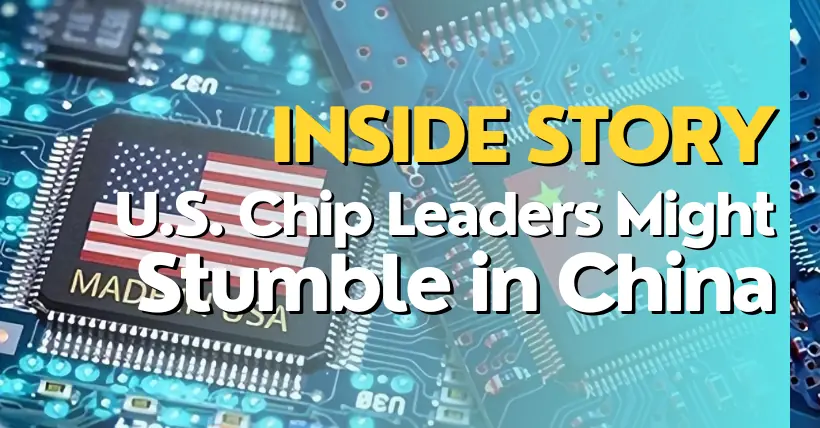The chip competition between China and the United States has continued for several years, and a turning point has emerged!
With the launch of Huawei’s Mate60 series and the return of the Kirin chip, it was initially thought that the China-U.S. chip dispute had reached a phase of resolution. However, unexpectedly, the U.S. not only refused to be “defeated” but became even more infuriated and intensified a new round of suppression.
After Raymondo amended the chip rules, according to British media, the U.S. increased its scrutiny of American chip manufacturers’ interests in China. It also continues to pressure the three major American chip giants, demanding that the CEOs of Intel, Micron, and Nvidia personally attend a hearing to testify.
It is important to note that since its establishment, the U.S.-China Strategic Competition Commission has never summoned the CEO of any industry or company. This time, asking the CEOs of the three major American chip giants to participate in the hearing signifies a new turn in the chip competition between China and the United States.
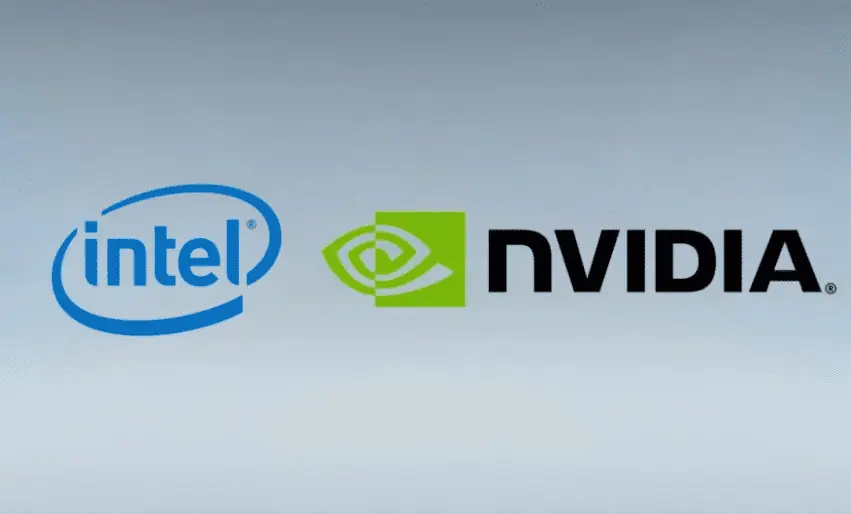
The reason why Intel, Micron, and Nvidia are being “singled out” is, according to various reports and industry news, merely a “warning” to the three major American chip giants. Those familiar with the U.S.-China Strategic Competition Commission know that this organization has long been notorious for turning China into a “scapegoat” for any issue.
After the U.S. intensified sanctions on Chinese chips, American chip giants like Intel, Micron, and Nvidia have all previously spoken out against this move, which is tantamount to a public rebuke of the official stance. This action serves as a minor punishment to serve as a major warning, essentially laying all cards on the table. Previously, Intel’s CEO publicly stated that without orders from Chinese customers, Intel’s expansion plans would become unnecessary. Nvidia’s CEO also remarked that restricting chip sales in China would only make local alternatives more popular. From the perspective of American chip companies, there is no desire to limit chip supplies to the Chinese market. Some foreign media have also given objective evaluations, suggesting that such actions will only intensify conflicts and make it difficult for American companies to operate in China.

However, it is clear that the U.S., for its self-interest and under the guise of “security,” continues to escalate chip export controls to China. This is an unreasonable suppression and an act of “unilateral technological bullying.” The U.S. frequently talks about “international rules,” yet it is also the one breaking these rules, isn’t this a classic example of hypocrisy? It’s like the pot calling the kettle black!
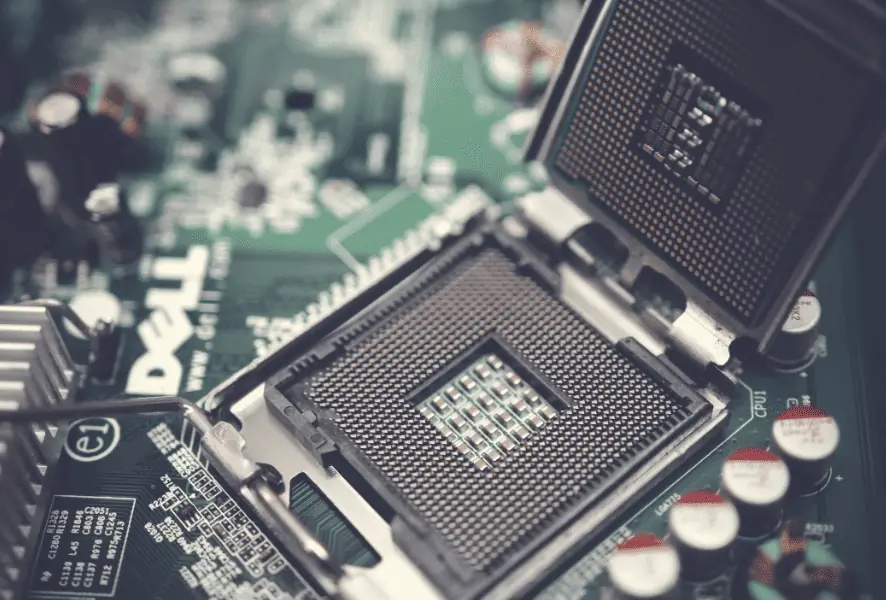
To circumvent the U.S. chip ban, aside from Chinese tech companies accelerating their research and development to increase chip self-sufficiency, American chip companies are also active. Take Nvidia as an example: to continue exporting chips to China, Nvidia has developed several “downgraded” AI chips that comply with the ban’s standards and requirements. This strategy is aimed at continuing chip supply to Chinese customers and increasing revenue.
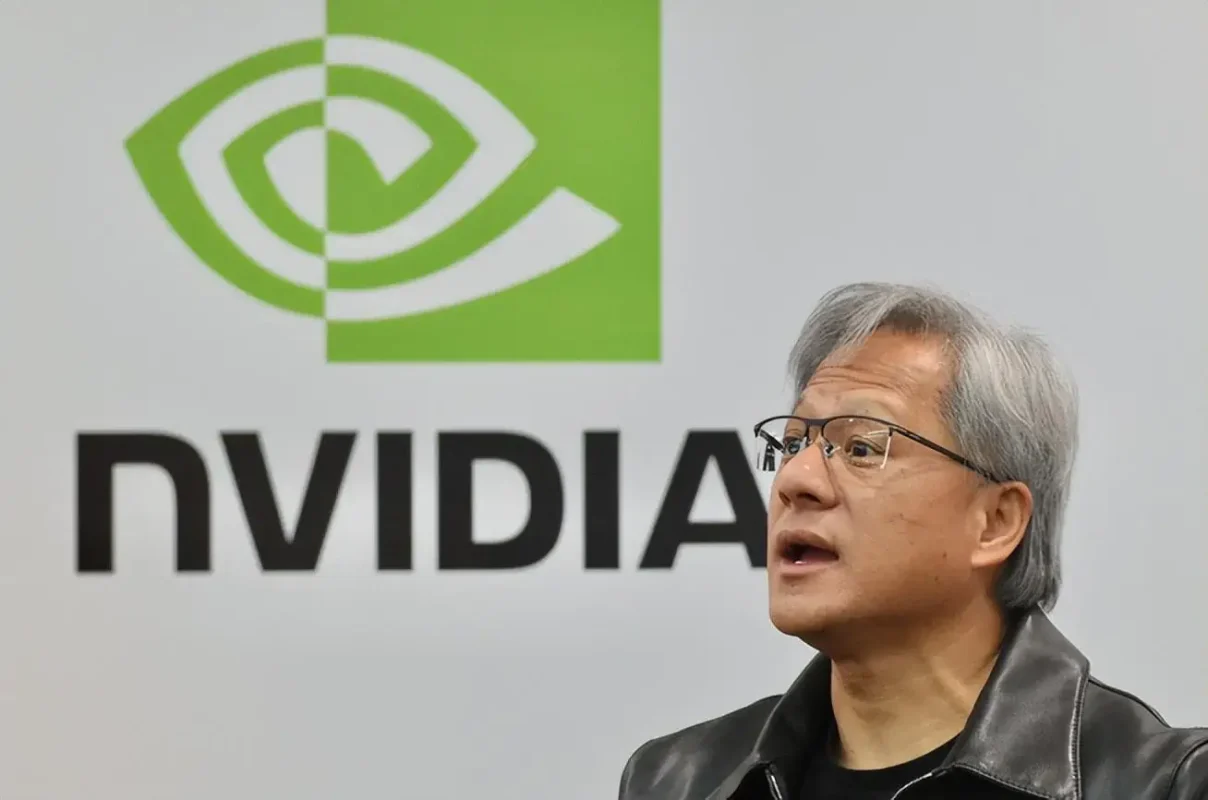
It is evident that the U.S. crackdown on Chinese chips has not only angered Chinese tech companies but has also caused dissatisfaction among American chip firms and other enterprises globally involved in the chip industry. The era of hegemonic suppression is over; in technology competition, strength counts, and in economic competition, cooperation matters. The days of one-party dominating are gone; collaborative win-win is the future trend. Isn’t this simple truth clear by now?
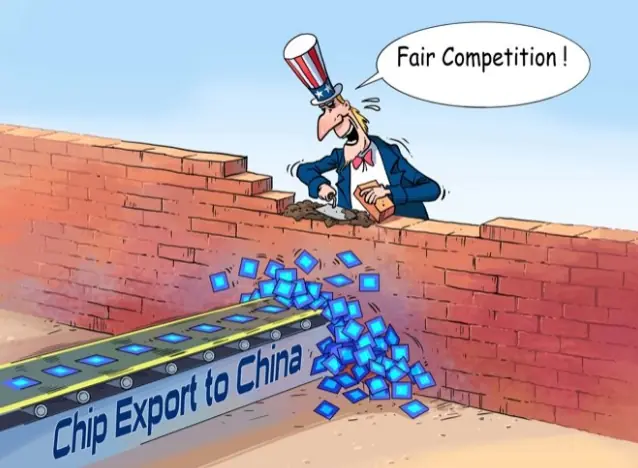
Finally, from the attitude of the U.S., it is clear that its suppression of Chinese chips will not end but will continue, persist, and extend. Therefore, Chinese tech companies have no way back and must quickly achieve self-sufficiency in chips, reducing reliance on chip imports. Only by making the U.S. taste its own medicine can China carry out a beautiful counterattack and truly achieve self-reliance and strength.
Related:

Disclaimer:
- This channel does not make any representations or warranties regarding the availability, accuracy, timeliness, effectiveness, or completeness of any information posted. It hereby disclaims any liability or consequences arising from the use of the information.
- This channel is non-commercial and non-profit. The re-posted content does not signify endorsement of its views or responsibility for its authenticity. It does not intend to constitute any other guidance. This channel is not liable for any inaccuracies or errors in the re-posted or published information, directly or indirectly.
- Some data, materials, text, images, etc., used in this channel are sourced from the internet, and all reposts are duly credited to their sources. If you discover any work that infringes on your intellectual property rights or personal legal interests, please contact us, and we will promptly modify or remove it.



